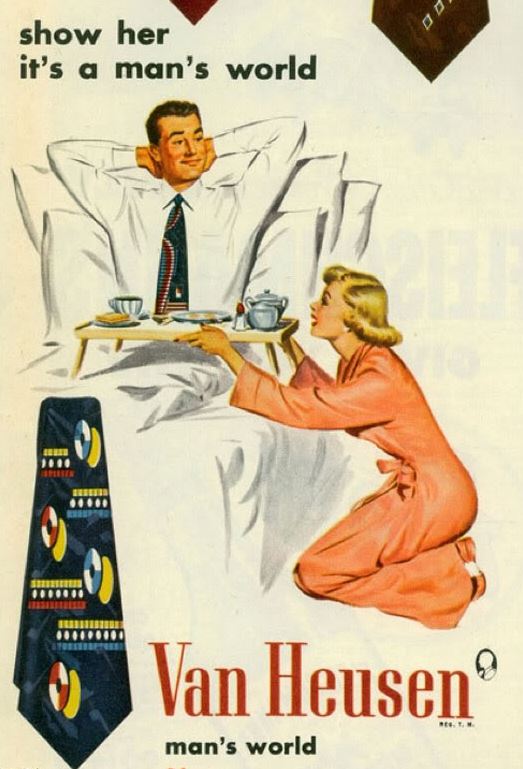NSFW = Not Safe for Work
If you’re offended by swearing or near nudity, you may want to skip this one.
Some years ago a marketing writer showed me a draft of copy for a client (not my client) which had numerous swear words in it. I said I was kind of surprised, and he said that the client had said it was perfectly fine. But a few weeks later he told me that the client had taken out all of the swearing before the final copy.
These days that might not happen.
Look at the title of this podcast from leading venture capital firm Andreessen Horowitz

Or this ad copy that mimics the “Frankly, Scarlett, I don’t give a damn” ending of “Gone with the Wind” – – a line that was considered scandalous in its day.

Or the name of this company:

This B2B British marketing agency, which counts Salesforce among its clients, seems totally comfortable with swearing.

A hundred years ago a nearly fully clad woman showing a little ankle in an ad might have been thought shocking but, as Cole Porter said, these days anything goes. Today near nudity is common (just as long as a woman’s nipple is ever so slightly covered, which has prompted some women – including women models – to back the Free The Nipple campaign for equality with men’s nipples).

Topless beaches have long been more common in Europe, as has nudity in advertising. But a study in three European countries found that women reacted more negatively to female nudity in ads than men did. It didn’t test for how men and women felt about male nudity in ads, although one study found that men and women are less comfortable with male nudity in general. And sexual preference comes into the nudity equation, too. It’s complicated.
As with everything else in marketing, context should be your guide. You might use swearing or near nudity to market to a younger or hipper demographic. Or a more male audience: the suggestiveness of GoDaddy ads never seemed to hurt them, but I assume that they were targeting a predominantly male IT clientele. But neither swearing nor anything suggestive would be a good idea if your audience, for example, has many religiously conservative members.
What is obscene? A college theater professor of mine said that it comes from the Greek for “off stage” – something that should not be shown on the stage. For the Greeks that included violence, too. I do not find that explanation in the dictionary which says it comes from the classical Latin meaning “inauspicious, ill-omened, filthy, disgusting, indecent, lewd”.
Is this ad more obscene than anything above?

